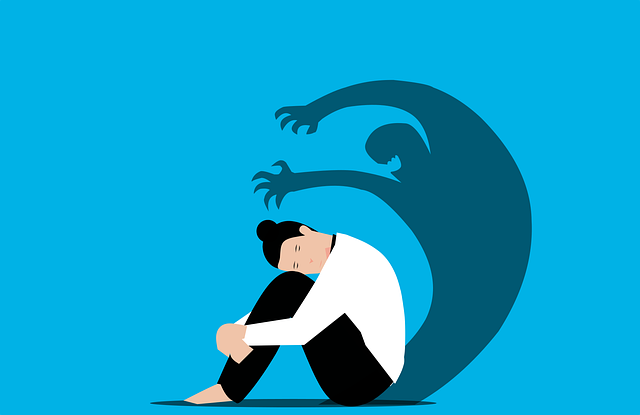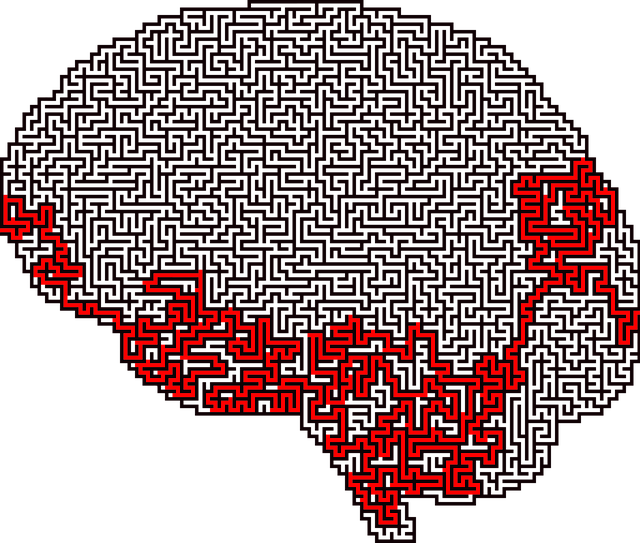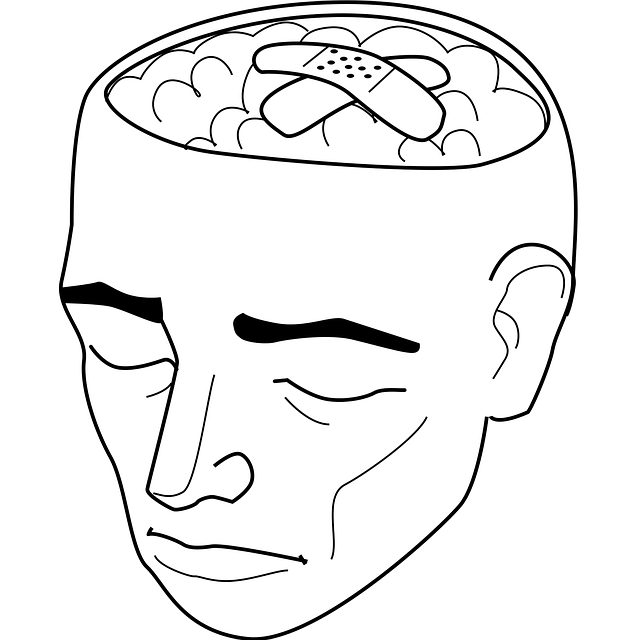Risk assessment is critical in therapy for young adults with OCD, addressing unique challenges like academic pressures and identity formation. Mental health professionals must be culturally sensitive, incorporate resilience-building strategies, and prioritize self-care to ensure safe, effective treatment. Regular updates through resources like the Mental Wellness Podcast Series enhance care quality, contributing to both patient recovery and therapist well-being. Tailored therapy focused on coping skills development through evidence-based practices is essential for creating a supportive environment in treating young adults with OCD.
In the field of mental health, risk assessment is a cornerstone of safe and effective practice. This article delves into essential aspects of risk evaluation for professionals treating young adults with Obsessive Compulsive Disorder (OCD), a complex and often challenging condition. We explore how to identify unique risks associated with OCD therapy for youth, offering practical strategies for managing these dangers while prioritizing patient safety. Understanding and implementing robust risk assessment methods are vital steps in ensuring positive outcomes for this vulnerable population.
- Understanding Risk Assessment in Mental Health Practice
- Identifying and Managing Risks Specific to Young Adult OCD Therapy
- Strategies for Mitigating Risks and Ensuring Patient Safety
Understanding Risk Assessment in Mental Health Practice

Risk assessment is a fundamental aspect of mental health practice, especially when working with vulnerable populations like young adults dealing with issues such as Obsessive Compulsive Disorder (OCD). It involves identifying and evaluating potential hazards or triggers that could negatively impact a client’s well-being during therapy. This process ensures the safety and effectiveness of emotional healing processes for young adults navigating OCD, a condition known for its complex nature and unique challenges.
Mental health professionals must be adept at considering cultural sensitivity in mental healthcare practice, recognizing that risk factors can vary across different communities. By incorporating resilience-building strategies into their assessments, therapists empower clients to cope with distressing symptoms and enhance their overall ability to manage the demands of therapy. This comprehensive approach not only supports emotional healing but also fosters growth and recovery.
Identifying and Managing Risks Specific to Young Adult OCD Therapy

Identifying risks specific to treating Young Adults with Obsessive Compulsive Disorder (OCD) is a nuanced and critical aspect of therapy. This demographic often faces unique challenges, such as navigating academic pressures, career aspirations, and identity formation while managing intrusive thoughts and repetitive behaviors. Mental health professionals must be attuned to the heightened anxiety and distress that can accompany these developmental stages.
Effective risk management involves integrating strategies from the Mental Wellness Podcast Series Production into daily practice, fostering an environment of open communication where young adults feel empowered to discuss their concerns openly. Implementing robust Risk Management Planning for Mental Health Professionals, including regular self-care practices, is essential to prevent burnout and ensure sustained support for this vulnerable population.
Strategies for Mitigating Risks and Ensuring Patient Safety

Mental health professionals play a crucial role in supporting individuals navigating various challenges, including mental wellness issues like Obsessive Compulsive Disorder (OCD). To ensure patient safety and mitigate risks, therapists must adopt comprehensive strategies that cater to young adults seeking therapy for OCD. One key approach is integrating burnout prevention techniques into clinical practice; this involves prioritizing self-care and setting clear boundaries to maintain a healthy work-life balance.
Additionally, fostering coping skills development through evidence-based practices can empower patients to manage their OCD symptoms effectively. Regularly updating knowledge through a Mental Wellness Podcast Series Production can equip professionals with the latest research and techniques, enhancing their ability to deliver quality care. Such proactive measures contribute to a supportive environment, encouraging both patient recovery and the long-term well-being of mental health practitioners.
Mental health professionals play a crucial role in treating disorders like Young Adult Obsessive Compulsive Disorder (OCD), but they must also navigate associated risks. By understanding risk assessment, identifying unique challenges in OCD therapy, and implementing strategies to mitigate potential dangers, therapists can ensure patient safety and foster effective treatment outcomes. This comprehensive approach is vital to supporting young adults on their journey towards recovery.













